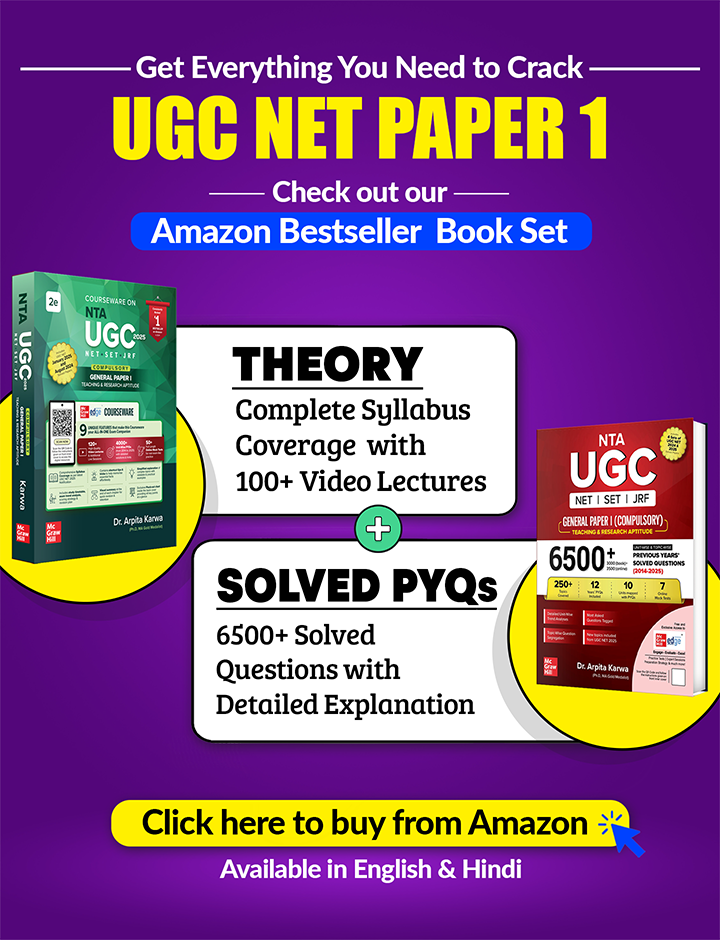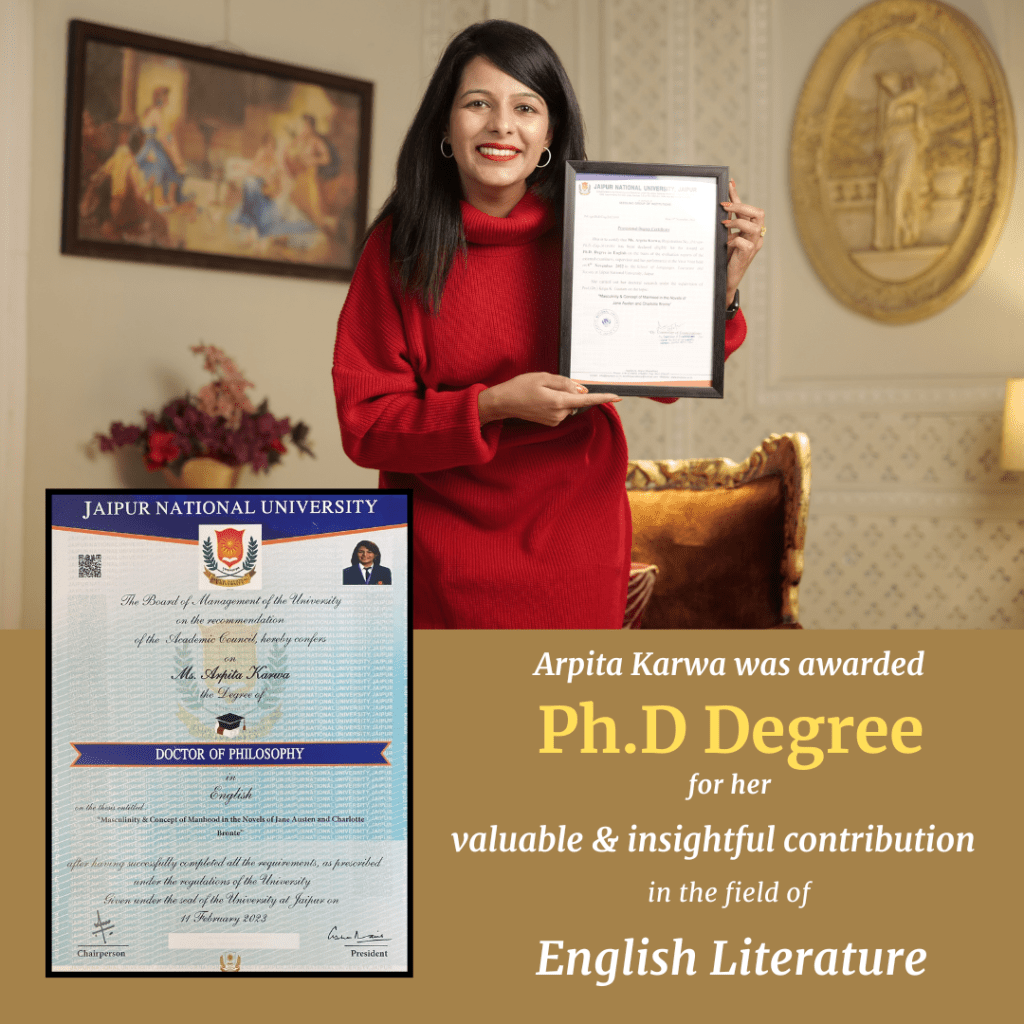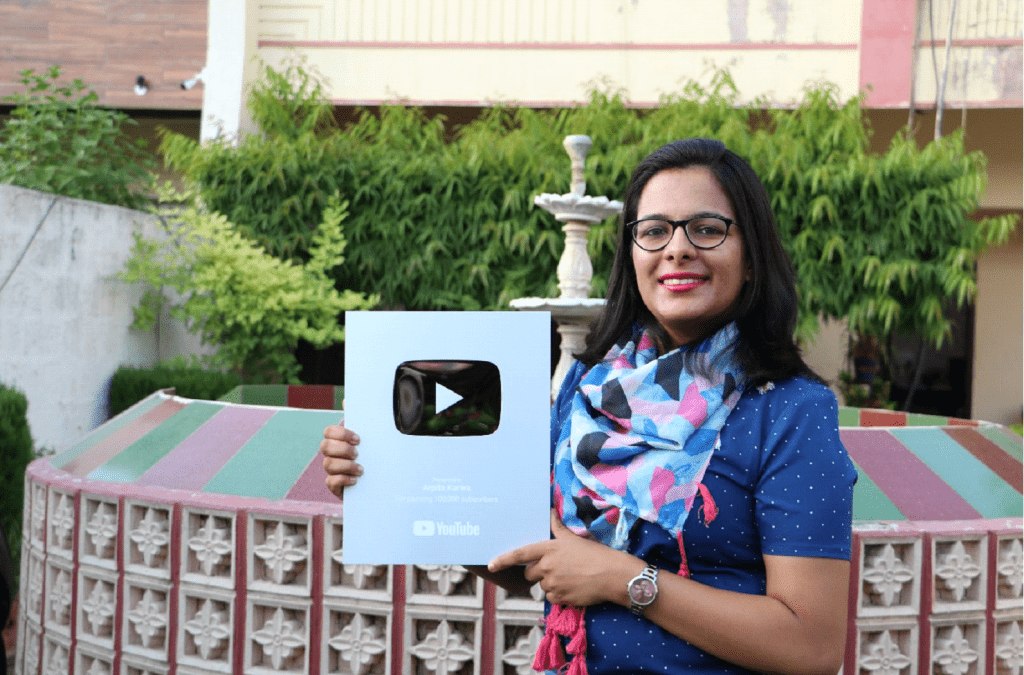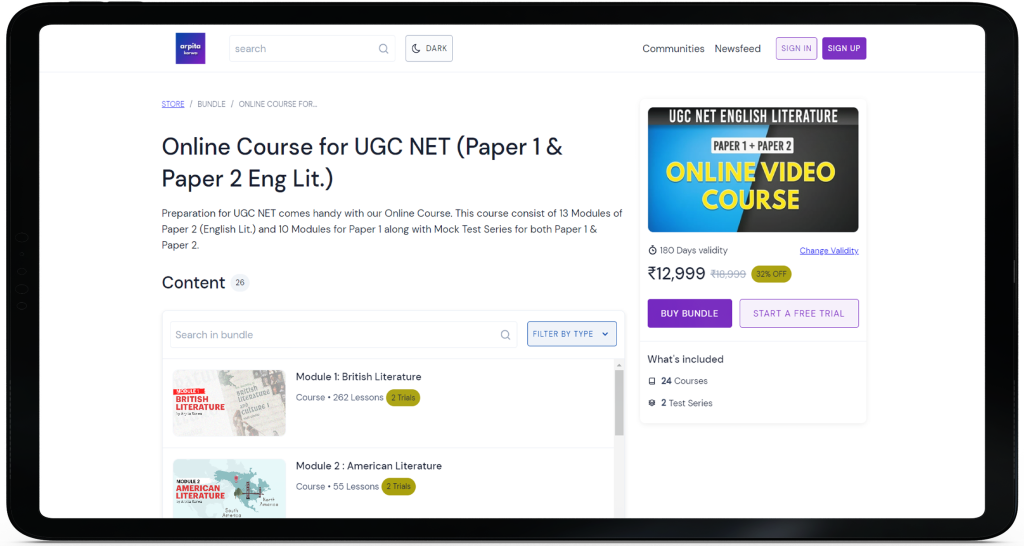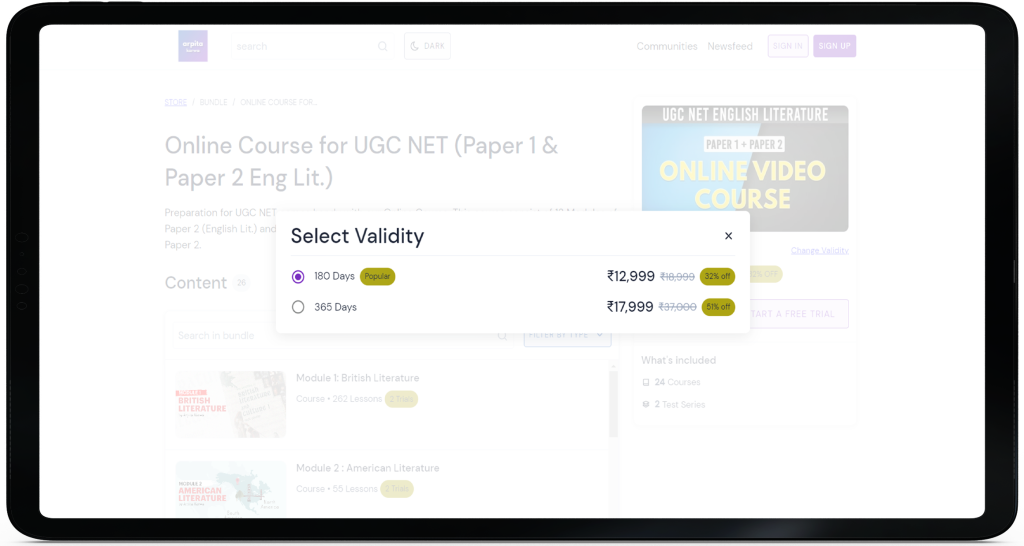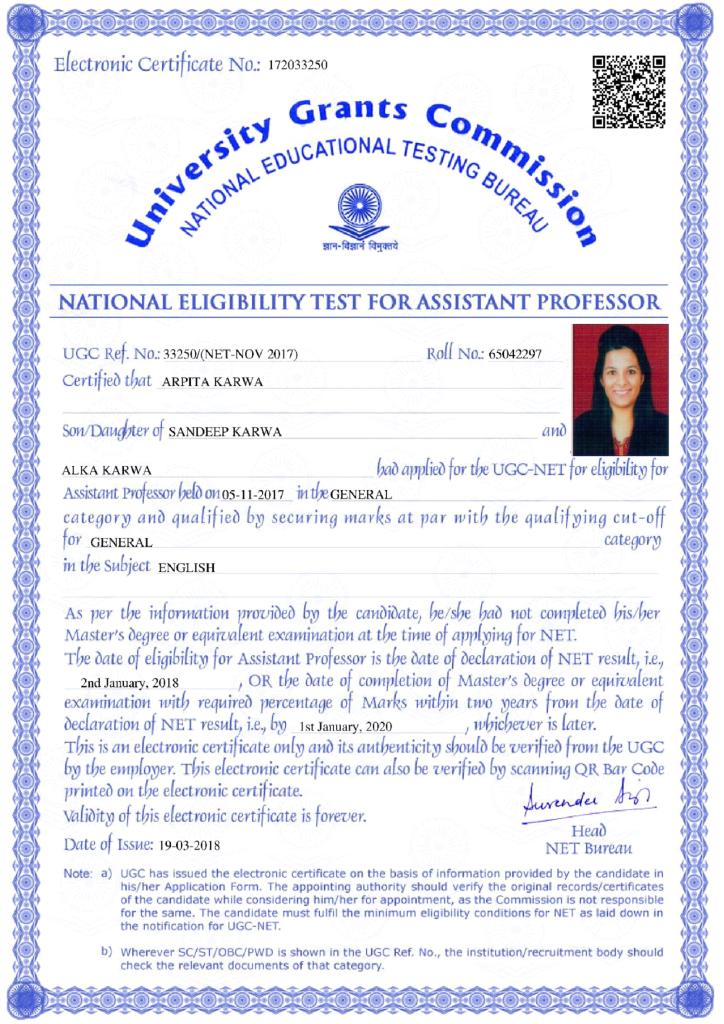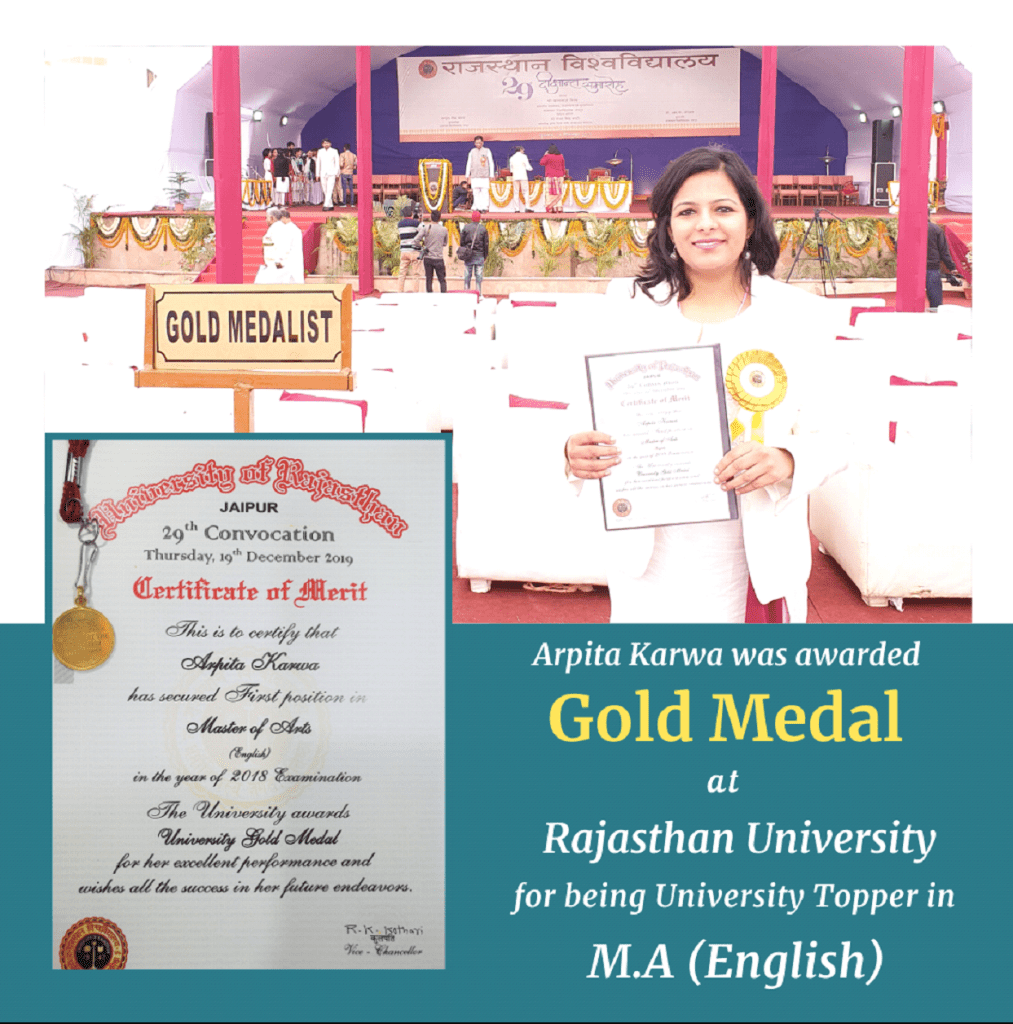UPSC English Paper 1 2018
June 19, 2023 2023-12-05 19:45UPSC English Paper 1 2018
2018 UPSC English Paper-1
ENGLISH
Paper – II
(LITERATURE)
Questions Paper Specific Instructions
Please read each of the following instructions carefully before attempting questions:
• There are EIGHT questions divided in Two Sections.
• Candidate has to attempt FIVE questions in all
• Questions no. 1 and 5 are compulsory and out of the remaining, any THREE are to be attempted choosing at least ONE question from each Section.
• The number of marks carried by a question/part is indicated against it.
• Answers must be written in ENGLISH
• Word limit in questions, wherever specified, should be adhered to.
• Attempts of questions shall be counted in sequential order. Unless struck off, attempt of a question shall be counted even if attempted partly. Any page or portion of the page left blank in the Question-cum-Answer Booklet must be clearly struck off.
SECTION-A
Q.1) Answer/Write short notes on the following. Each question should be answered in about 150 words:
(a) How do post-colonial critics view Prospero’s use of magic and exploitation of Caliban?
(b) Adam as a Christian hero in Paradise Lost, Book IX
(c) Satirical writing in the Augustan Age, with special reference to The Rape of the Lock
(d) “Our birth is but a sleep and a forgetting.” Explain this line from Wordsworth’s Ode on Intimations of Immortality, and comment on its significance in the poem.
(e) The imagery of light and darkness in Tennyson’s In Memoriam
Q.2) Answer all of the following:
(a) Show how Wordsworth reinvents the traditional Renaissance pastoral in Michael’ and ‘Resolution and Independence’.
(b) Analyze the thematic opposition between the natural and the unnatural in King Lear. Answer with reference to the text.
(c) “The incidents, characters and dialogues in Ibsen’s A Doll’s House are contrived in such a way that they conceal as much as they reveal.” Discuss.
Q.3) Answer all of the following:
(a) Considering the representation of Satan in Paradise Lost, Books I, II, IV and IX, would you agree with Blake that “In writing Paradise Lost Milton was of the Devil’s party without knowing it”?
(b) Discuss the salient features of metaphysical conceits used by Donne and elucidate your answer citing examples from the poems prescribed for study.
(c) What picture of eighteenth-century aristocratic London life do you gain from Pope’s The Rape of the lock in terms both of its material and moral aspects?
Q.4) Answer all of the following:
(a) In his ‘Preface’ to Lyrical Ballads, Wordsworth describes poetry both as ‘a spontaneous, overflow of powerful feelings and as ’emotion recollected in tranquility’. Show how he resolves this apparent contradiction in “Tintern Abbey’.
(b) “In In Memoriam, Tennyson mourns the passing of many other aspects of life over and above the death of Arthur Henry Hallam.” Elucidate this comment with reference to the poem.
(c) Analyze the ways in which the trope of the storm is a key to our understanding of The Tempest.
SECTION-B
Q.5) Study the following poem and answer all the questions which follow:
Between my finger and my thumb
The squat pen rests; snug as a gun.
Under they window, a clean rasping sound
When the spade sinks into gravelly ground:
My father, digging. –.
By God, the old man could handle a spade.
Just like his old man.
My grandfather cut more turf in a day
Than any other man on Toner’s bog. …
The cold smell of potato mould, the squelch and slap
of soggy peat, the curt cuts of an edge
living roots awaken in my head.
But I’ve no spade to follow men like them,
Between my finger and my thumb, The squat pen rests.
I’ll dig with it.
(a) What is the theme of this poem?
(b) What kind of person is the speaker?
(c) What is the speaker’s purpose in celebrating men like them?
(d) Comment on the language of the poem and the use of figures of speech. What effect is gained by the use of this kind of language?
(e) What is the meaning of the final line 111 dig with it”?
Q.6) Answer all of the following:
(a) Assess the role of the narrator in Tom Jones.
(b) Show how Dickens represents the impact of the Industrial Revolution in Hard Times, not only from the material, but also from the moral and philosophical perspectives.
(c) The Mississippi river is a striking metaphor for Huck Finn’s journey, his great escape and quest for freedom. Do you think the river is the main structural principle of the novel?
Q.7) Answer all of the following:
(a) In Pride and Prejudice, Jane Austen combines the essence of conservative as well as reformist issues concerning rights, education, marriage, authority and gender discourse. Discuss.
(b) Would you agree that Tess of the D’Urbervilles portrays the decadence of late Victorian England? Substantiate your answer with reference to the novel.
(c) “Maggie Tulliver’s intelligence, scholarly competence and wide-ranging imagination become liabilities for a woman.” Discuss this statement with reference to social determinism.
Q.8) Answer all of the following:
(a) Hardy uses several symbols skillfully in Tess of the D’Urbervilles and they are too deep to be missed at first reading. Discuss.
(b) The apparently superficial concern with marriage in Pride and Prejudice masks a deeper social critique. Discuss with reference to the novel.
(c) What are the objects of Swift’s satire in Gulliver’s journey to Laputa in Part III of Culliver’s Travels?







